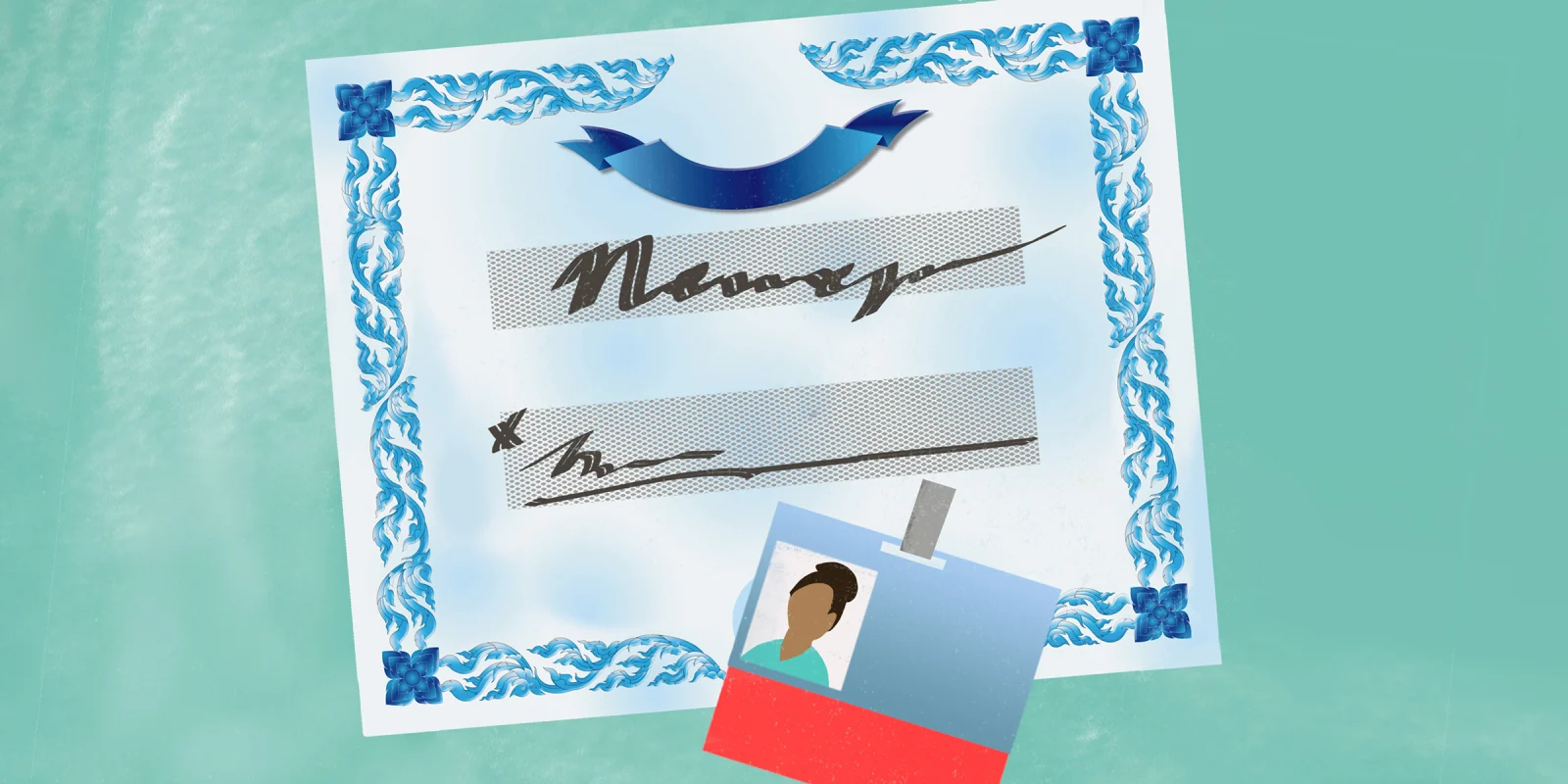Graduation is a special moment for everyone in graduate medical education. For interns and junior residents, it’s an aspirational event, as each looks forward to their own graduation, daydreaming of clinical excellence and freedom from the demands of residency. For the attendings and RNs, and for the administrative staff that support the residency programs, it’s a chance to feel pride in their work. And for the graduates, it’s a day when anxieties about what’s to come compete with excitement for the beginning of a new phase of their career. The importance of this moment unites everyone in the room.
There is no better place to sit back and reflect on what one has achieved, and what one has yet to achieve, than at a graduation. After all, resident education is not easy. Not from the perspective of the resident, who works 80 hours a week while also making time to study every day, nor from the perspective of the faculty, who must relinquish complete control over their own patients to allow residents the opportunity to grow. A program with zero frustration from either side is a program with zero investment from either side. And so we all show up, day after day, the residents working to be more adept clinicians, the faculty striving to be better educators. No one on either side is perfect. On the good days, we all move forward together. On the bad, we are all inert. But at graduation, those little moments of struggle and frustration and defeat melt away, because the summation of our efforts is a magnificent transformation.
I recently hosted my program’s first general surgery graduation and found it impossible to avoid thoughts of my own graduation and the many people who invested the time and energy necessary to properly temper me into a well-trained surgeon. Their own training and expertise made it possible for them to elucidate medical concepts and impart pearls of wisdom to me, which are the same clinical insights that I pass on to the residents in my program today. “How do you spell PE? L-E-A-K,” I’ll tell them, passing along a frequently repeated saying from one of my own mentors, who taught me that new respiratory failure in a postop general surgery patient is more commonly a symptom of an intra-abdominal complication rather than a new diagnosis itself. “Show me the needle,” I’ll say as I supervise residents gaining vascular access for a central or arterial line, and even today I hear those words in the voice of a vascular surgeon from my own training. “The kidneys are the eyes into the belly.” “It’s all about oxygen off-loading.” I could go on and on listing these quick little insightful phrases, none of which are of my own creation. While teaching, I will often start a statement with, “One of the smartest people who trained me used to always say,” before I dive into the clinical point of the moment. The specific educational topic may vary from one medical specialty to another, but the perpetual flow of collective wisdom from one generation to the next is consistent across all fields of medicine. We are who we are because of who trained us. And the next generation will be who they are because of who trained them. They will care for thousands of patients over the course of their careers, patients whose names, faces, and stories we will never know but whose lives will be improved by the transmission of our medical insights and standards to their physicians.
As the graduation concludes and we all return to the grueling pace of summer, the emotion that remains, the one that won out over the others, is an overwhelming sense of gratitude. I am who I am because of the giants who trained me. I am lucky to be a vessel of their wisdom to the next generation.
What lessons from your mentors stick with you the most? Share in the comments!
Dr. Danielle Pigneri is a trauma and acute care surgeon practicing in the Dallas-Fort Worth metroplex. When not working, she enjoys her other job, being a mom to two sweet young children. Dr. Pigneri was a 2022-2023 Doximity Op-Med Fellow, and continues as a 2023-2024 Doximity Op-Med Fellow.
Illustration by Jennifer Bogartz







